If you've ever bitten into a jalapeño thinking it was just going to be a little spicy, only to feel like your mouth is on fire — congrats! You’ve experienced the magic of jalapeño pepper hotness firsthand. But here’s the kicker: not all jalapeños are created equal.
Table of Contents
- What Makes Jalapeños Hot?
- The Jalapeño Heat Scale: From Mild to Wild
- How Does It Compare? Jalapeño vs Other Peppers
- Factors That Influence Jalapeño Pepper Hotness
- Pro Tips: Taming or Enhancing the Fire
- Cooking with Jalapeños Like a Pro
- Frequently Asked Questions
- Conclusion
What Makes Jalapeños Hot?
At the heart of every jalapeño’s heat lies a powerful compound called capsaicin. This natural chemical irritant binds to pain receptors in your mouth and skin, tricking your brain into sensing heat. Crucially, the white pith—not the seeds—contains the highest concentration of capsaicin. Seeds absorb capsaicin from the pith but aren't inherently spicy themselves, debunking a common kitchen myth.
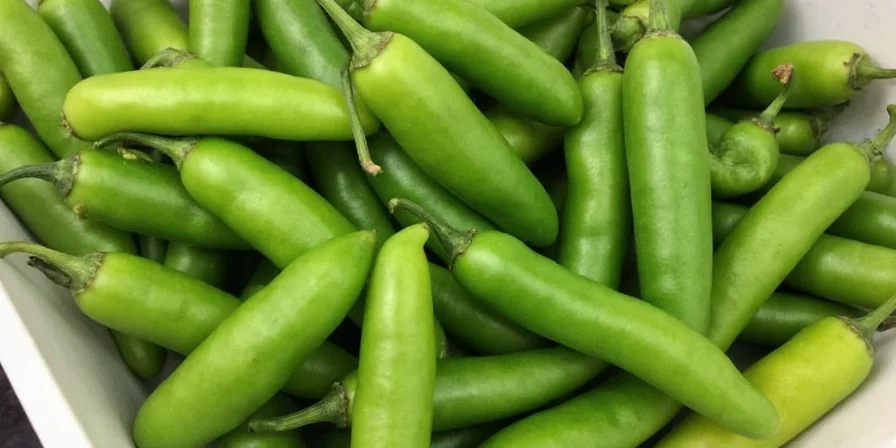
The amount of capsaicin varies significantly due to biological and environmental factors. This variability explains why one jalapeño might offer a gentle warmth while another delivers intense heat—even from the same plant.
The Jalapeño Heat Scale: From Mild to Wild
Jalapeños occupy the middle ground of the Scoville scale, but recent agricultural studies reveal their range is expanding due to climate pressures. Here’s an updated comparison:
| Pepper | Scoville Heat Units (SHU) |
|---|---|
| Green Bell Pepper | 0 SHU |
| Jalapeño Pepper | 2,500 – 10,000 SHU (recent data shows stressed plants reaching 10,000 SHU) |
| Serrano Pepper | 10,000 – 23,000 SHU |
| Habanero Pepper | 100,000 – 350,000 SHU |
| Carolina Reaper | 1,400,000 – 2,200,000 SHU |
Red jalapeños typically register higher on the scale than green ones due to extended vine time, but emerging research indicates that drought conditions can double heat levels in both varieties—a critical consideration for home growers facing changing weather patterns.
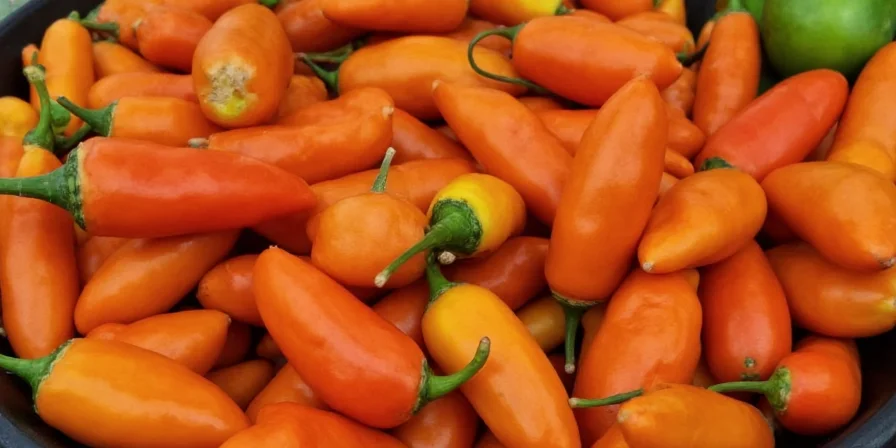
How Does It Compare? Jalapeño vs Other Peppers
Understanding relative heat levels helps home cooks make informed choices. Key comparisons:
- Ghost Pepper (Bhut Jolokia): 100x hotter than jalapeños; requires extreme handling precautions.
- Cayenne: 3–5x hotter, with a sharper, more immediate burn.
- Thai Chili: 3x hotter, featuring a brighter, fruitier heat profile.
- Guajillo: 1/4 the heat of jalapeños, offering smoky-sweet complexity.
- Bell Pepper: Zero capsaicin; ideal for heat-sensitive dishes.
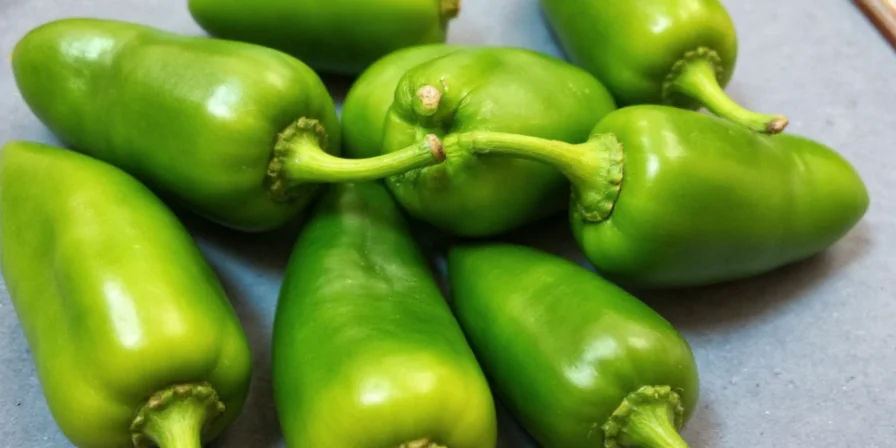
Factors That Influence Jalapeño Pepper Hotness
Beyond basic growing conditions, cutting-edge horticultural research reveals surprising variables:
- Climate Stressors: 2024 studies show drought increases capsaicin production by 30-40% as a survival mechanism.
- Soil Microbiome: Specific beneficial fungi in soil can modulate heat levels, a discovery reshaping organic farming practices.
- Harvest Timing: Peppers picked at dawn contain 15% less capsaicin than afternoon harvests due to circadian rhythms.
- Post-Harvest Handling: Refrigeration slows capsaicin degradation—unlike most produce, jalapeños get progressively hotter in cold storage.
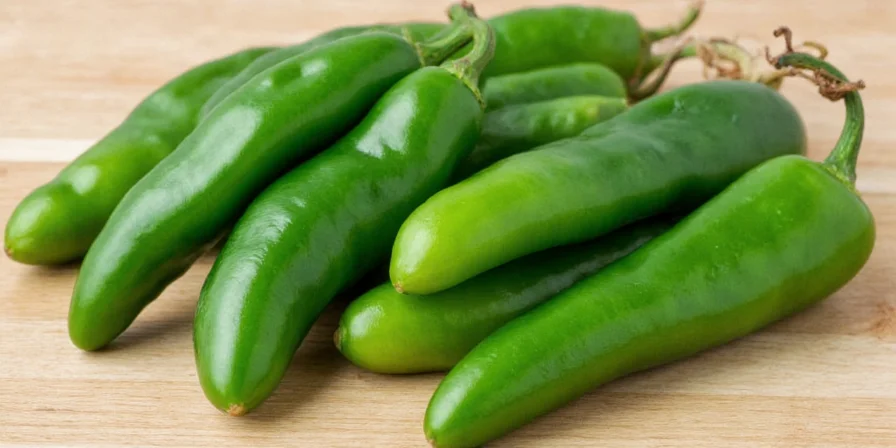
Pro Tips: Taming or Enhancing the Fire
Modern culinary science provides precise heat control:
- Heat Reduction: Soak in 2% sugar solution (more effective than milk) for 12 minutes to dissolve capsaicin oils.
- Heat Amplification: Brief vinegar soak (30 seconds) opens capsaicin channels without adding flavor.
- Targeted Application: Use pith-only for intense heat in sauces; seeds only for mild background warmth.
- Neutralizing Burns: Full-fat dairy outperforms skim due to casein binding; honey-water rinses offer vegan alternative.
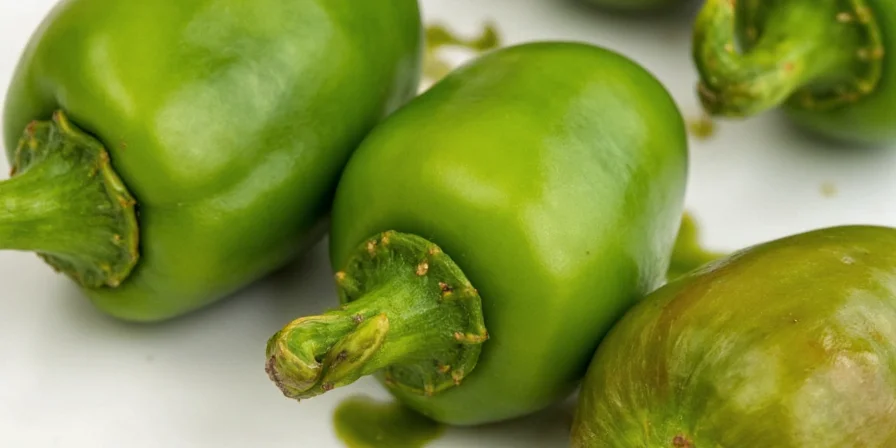
Cooking with Jalapeños Like a Pro
Move beyond basic applications with these technique-driven approaches:
- Layered Heat Infusion: Add jalapeños at three cooking stages—seeds early for base warmth, pith mid-cook for peak heat, flesh late for fresh flavor.
- Smoke-Enhanced Salsas: Char peppers over open flame before blending to create complex flavor compounds that balance perceived heat.
- Cryogenic Freezing: Flash-freeze whole peppers before dicing for cleaner cuts and reduced capsaicin transfer to skin.
- Acid-Heat Balancing: Pair with citrus at 1:3 ratio (acid:pepper) to maintain brightness without diminishing spice.
- Precision Pickling: Use 5% vinegar solution with turmeric for pH-stable, vibrantly colored jalapeños that retain consistent heat.
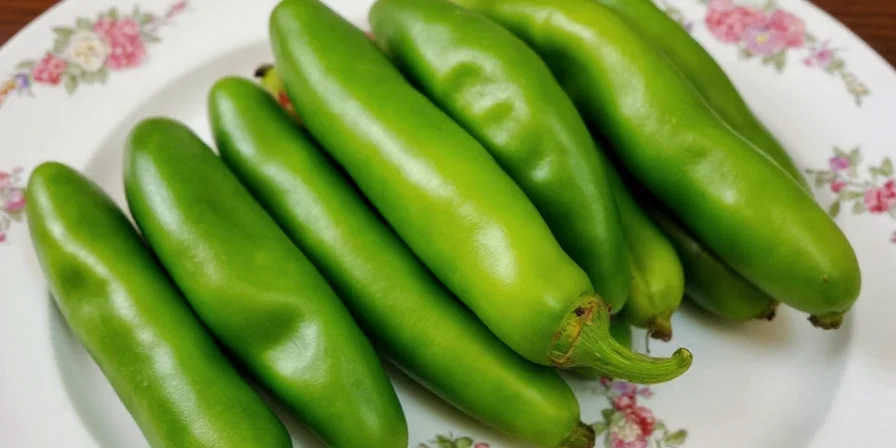
Frequently Asked Questions About Jalapeño Heat
Conclusion
Jalapeños represent a dynamic intersection of biology, environment, and culinary artistry. Their unpredictable heat spectrum—from subtle warmth to intense fire—offers home cooks a unique opportunity to engage with food science directly. By understanding the mechanisms behind capsaicin production and modern heat-control techniques, you transform random spice encounters into deliberate flavor engineering.
Whether you're crafting restaurant-quality salsas or experimenting with heat-layering in home kitchens, this knowledge empowers precise spice management. Remember: true mastery lies not in avoiding heat, but in harnessing its variability to create balanced, memorable dishes. Gloves remain essential for preparation, while strategic dairy pairing remains the ultimate safety net when experiments escalate.
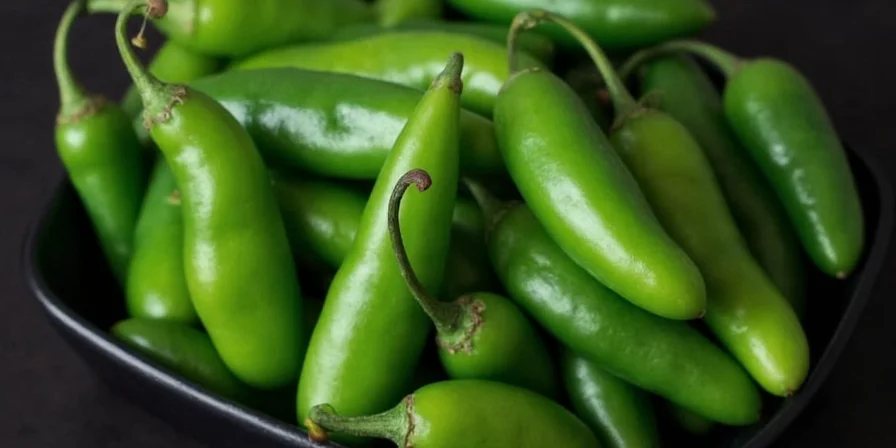
Embrace the heat revolution—one calculated jalapeño at a time.

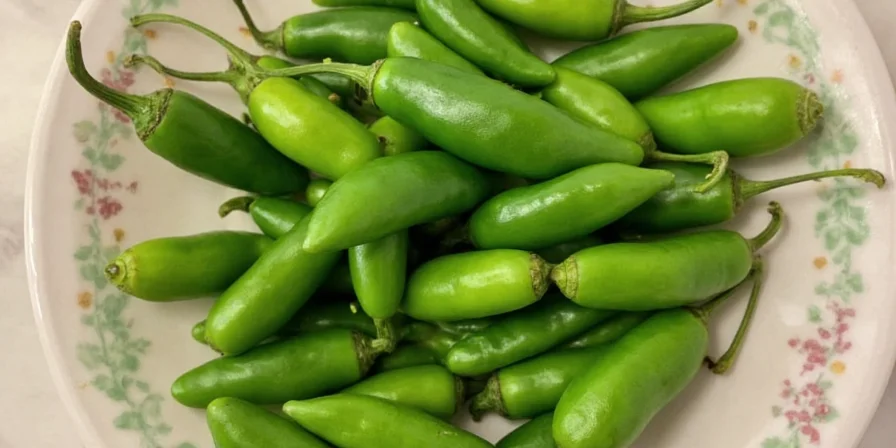









 浙公网安备
33010002000092号
浙公网安备
33010002000092号 浙B2-20120091-4
浙B2-20120091-4